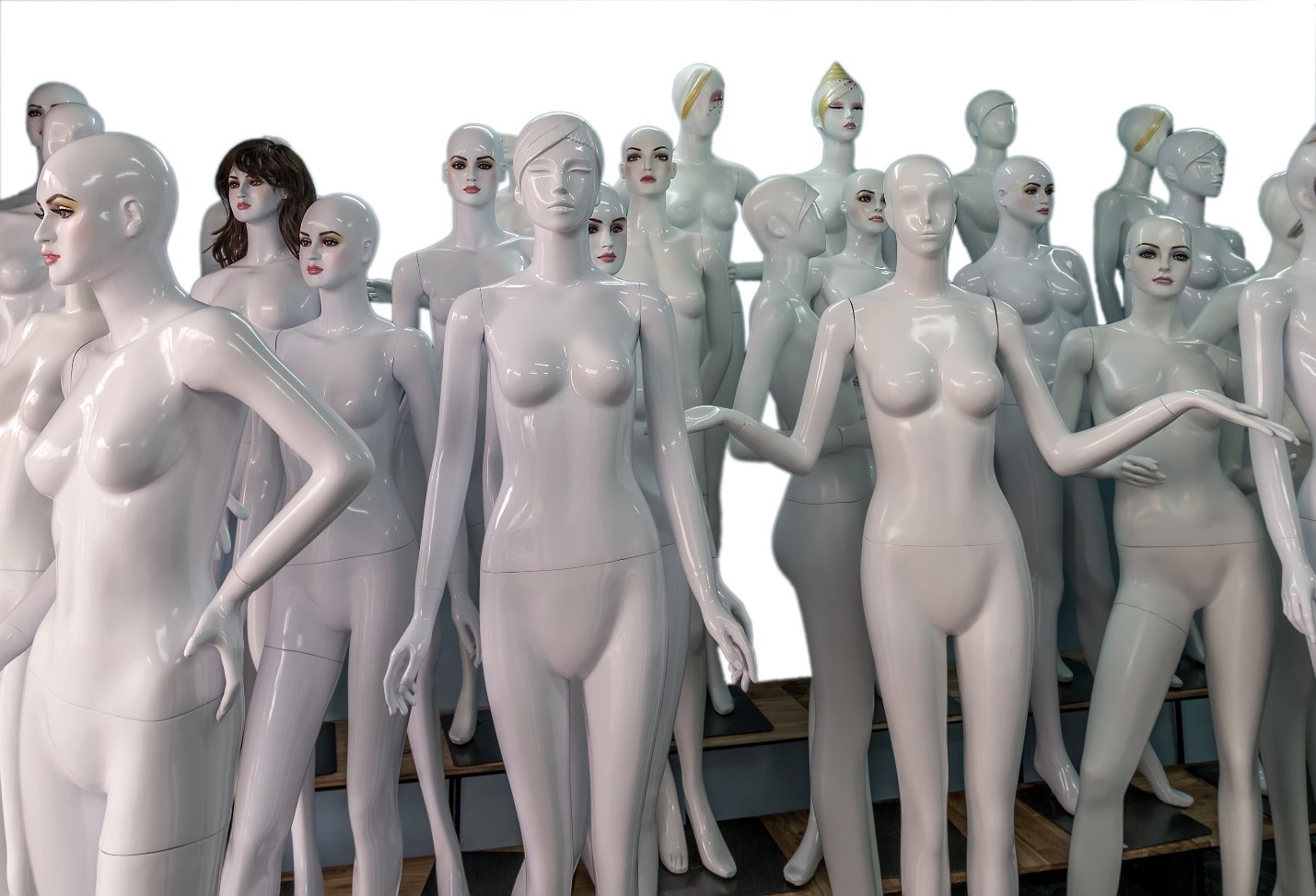
When actor Jennifer Lawrence received an email from Apple indicating that her account had been compromised, she did the sensible thing: she clicked the email link to change her password.
Unfortunately, the email itself was a scam to steal her password. It had been sent by a 36-year-old man in Lancaster, Pennsylvania, whose hobby was stealing celebrity passwords, then downloading the contents of their Apple iCloud accounts.
Once he had the password of The Hunger Games star, the hacker ran an automated program that downloaded her entire database of iPhone photos. Eventually these photos were leaked online, along with the personal photos of more than 100 celebrities who had fallen for similar scams.
Privacy is over.
When Your Email Goes Public
It is literally possible right now that every email you’ve ever sent will be shared with the world.
That’s a sobering thought.
If you’ve had a Yahoo email account, your emails are theoretically available for anyone in the world to read, thanks to the hackers that stole one billion accounts.
You’ve given your personal passwords to dozens of websites, which are accessible by thousands of internal employees. It only takes one of those employees to get upset and leak your passwords to the world.
Or, a group of rogue hackers can find a way into a poorly-secured password database, as in the hack of AshleyMadison.com, which ultimately allowed the world to search all 37 million people who were looking to have an extramarital affair.
Privacy is over.
When Your Photos Go Public
It is literally possible right now that every digital photo you’ve ever taken will be shared with the world.
All a hacker needs to do is trick you into giving away your password.
Or install spyware on your computer that captures everything you type.
Or guess your security questions.
Or find your password to one site, which is likely the same password you use for other sites.
Or park near your house and tunnel into your Wi-Fi network.
Or call you up, pretending to be from your bank’s technical support team.
Or hack into the servers of your cloud account.
Privacy is over.
When Your Life Goes Public
Given the possibility – no, the likelihood – that everything you write, film, and text will be shared with the world, there’s really only one solution: live a life that you’re not ashamed to share.
Just ask Debbie Wasserman Schultz, the former chairperson of the Democratic National Committee, whose leaked emails about Bernie Sanders cost her a job.
Or ask Sony film executive Amy Pascal, whose leaked emails about Barack Obama cost her a job (and a significant black mark on her Wikipedia page).
The best policy is to assume everything you email will be read by the entire world. If you’re going to email someone a private comment about a co-worker or a client, be prepared for that comment to be accidentally forwarded to the co-worker or client in the future.
Assume everything you photograph will be seen by the entire world. If you want to take pictures of your own body, terrific, just be sure you’re comfortable showing them to your neighbors, your rabbi, and your mail carrier.
Years ago, the novelist Richard Bach dispensed this piece of advice.
“Live never to be ashamed if anything you do or say is published around the world — even if what is published is not true.”
It’s incredibly challenging advice, but today it seems more relevant than ever. Live a life that you’re not ashamed to share.
Seeing Hillary Clinton Naked
Privacy is over, but we should do our part to respect it.
In July 2016, nearly 20,000 emails were leaked from the Democratic National Committee. Full of behind-the-scenes politics, the leaked emails undoubtedly contributed to Hillary Clinton losing the election.
The conclusion of the cybersecurity community, as well as the CIA, the U.S. Department of Homeland Security, and the Director of National Intelligence, is that Russia was behind the email hacks.
The emails were published on WikiLeaks, whose founder Julian Assange had said he wanted to “harm Hillary Clinton’s chances to win the presidency.”
It worked. Wikileaks released the emails in batches throughout the 2016 campaign. It was a steady, relentless drip of bad news for the Clinton campaign, each load of dirty laundry eagerly reported by the press, and consumed by us.
I believe the media made a big mistake by reporting on the contents of the email. There was much hand-wringing about the ethics of reporting on stolen emails, but ultimately the reasoning went, “If enough news outlets report on it, it’s a story we have to cover.”
I reject this thinking. The media should not report on stories that violate the privacy of others even if it’s newsworthy, just like we don’t release details of minors involved with crimes.
The media should not report on personal details of celebrities or politicians, unless it materially affects the job they’re supposed to be doing. (We do have the right to know about Bill Clinton’s affair in the Oval Office.)
In our hyperconnected world, there is no such thing as privacy. When your nude photos get leaked, someone is going to publish them. (Perez Hilton, probably.) But the media should not.
And since we are all the media, we all have a responsibility to respect the privacy of others. The next time you see a leaked celebrity photograph or political email, look the other way. To do otherwise is to reward bad behavior with your attention, and with your pageviews.
Privacy is over. But let’s still respect it – and demand that the media do the same.
John Hargrave is CEO of Media Shower, the leading content marketing company.
